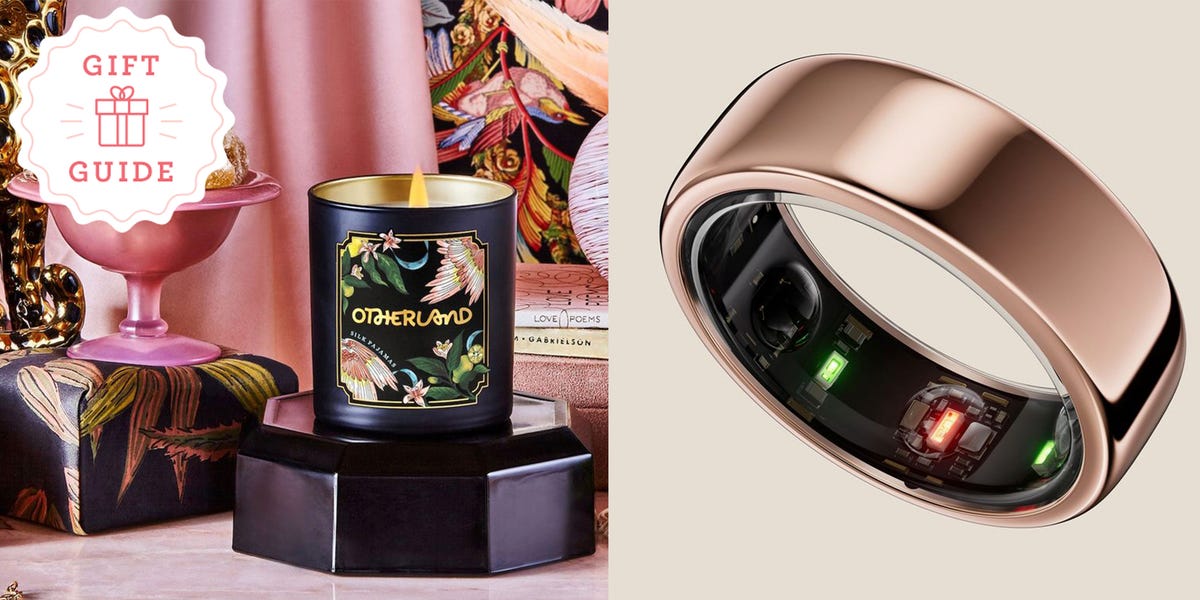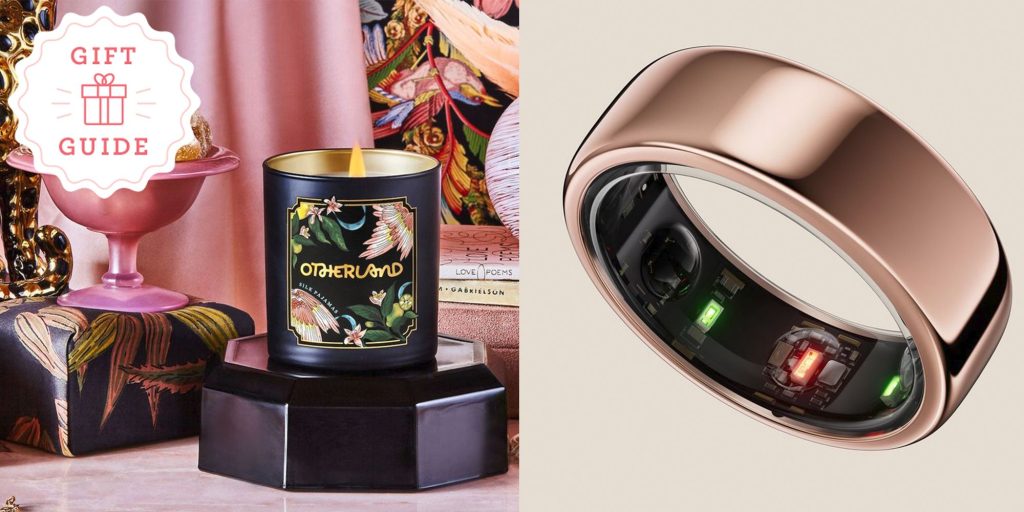
The best things you can buy to help relieve anxiety are often tools that make doing a stress-relieving activity much easier — or, to calm you mentally in the moment in order to help you practice inward techniques. If there are marketing claims or advertising language that explicitly promises sweeping anxiety relief, be wary; often, these products are overselling their ability to quell multiple anxiety triggers when in reality they may provide just a single resource. This is especially true for any supplement product, as these aren’t currently regulated by officials at the Food and Drug Administration (FDA).
According to psychology experts polled for this guide, products that are targeted towards the following activities may be the best way to holistically treat anxiety symptoms:
✔️ Aromatherapy: There are studies that suggest aromatherapy can be grounding for those battling anxiety symptoms, as Loo explains that it redirects attention via the sense of smell, reconnecting individuals to their body. “Depending on the scent, it may have a calming or positive effect on your mood,” she adds. “If someone is easily distracted, I see aromatherapy as potentially being a way to transition focus to something more helpful rather than a strategy that can be used for days on end.”
✔️ Meditation: Since anxiety is a full, total body experience — meaning it may prompt feeling jittery, panic attacks and even muscle tension — physically assuming a meditative stance may help you move past physical symptom manifestation. “Intentionally slowing down, utilizing relaxation strategies, imagining a different picture in our heads other than the worst-case scenario are all effective ways to reduce anxiety by understanding that the mind-body connection is real,” Loo says. “If we can positively affect one, we’re likely to see positive effects elsewhere.”
✔️ Yoga: Similar to meditation, actively working through yoga routines emphasizes a mind-body connection, a physical form of mindfulness that can help almost anyone stay grounded in real-time. “Yoga incorporates intentional breathwork and emphasizes slowing down the body, which helps calm the nervous system,” Sgro explains. “Once the body reaches a state of equilibrium, we can more easily respond to our anxiety in a helpful way.”
✔️ Exercise: Any kind of product that makes breaking a sweat more comfortable and less of a barrier may inadvertently quell anxiety in the long run. Materials published by the Mayo Clinic indicate that staying active regularly can impact stress levels, even if you don’t complete complex routines or workout in a gym. “Physical activity can pump up your feel-good endorphins and other natural neural chemicals… Exercise can also refocus your mind on your body’s movements, which improves your mood and [helps] the day’s irritations fade away,” officials shared.
✔️ Healthy, uninterrupted sleep: Experts often suggest that the relationship between sleep hygiene (or the quality of holistic sleep) and anxiety is seen as “bidirectional” — meaning how well you sleep can impact your anxiety levels the next day, and vice versa. There are thousands of products that aim to improve sleep, but the best gifts may empower someone facing crippling anxiety to adjust their sleep schedule and habits on their own terms. “If someone is experiencing poor sleep quality, they may be more likely to experience irritability, brain fog, rumination, and other adverse impacts to their emotional wellbeing,” says Sgro, adding that adjusting poor sleep habits the night prior may be easier than trying to deal with the consequences the following day.
Because anxiety doesn’t look the same for everyone, it’s important to realize that these activities — and the products that tie into them — may not provide stress relief or ease anxious thoughts for all. “Someone who feels on edge or jittery may not feel like yoga or coloring are adequate at the moment; meanwhile, someone who is experiencing a deeper panic or fear might not have the capacity to engage in strenuous exercise,” explains Sgro.
When in doubt, discussing coping techniques and physical tools with your mental healthcare provider is the best way to discern which products are truly part of your anxiety toolbox.

